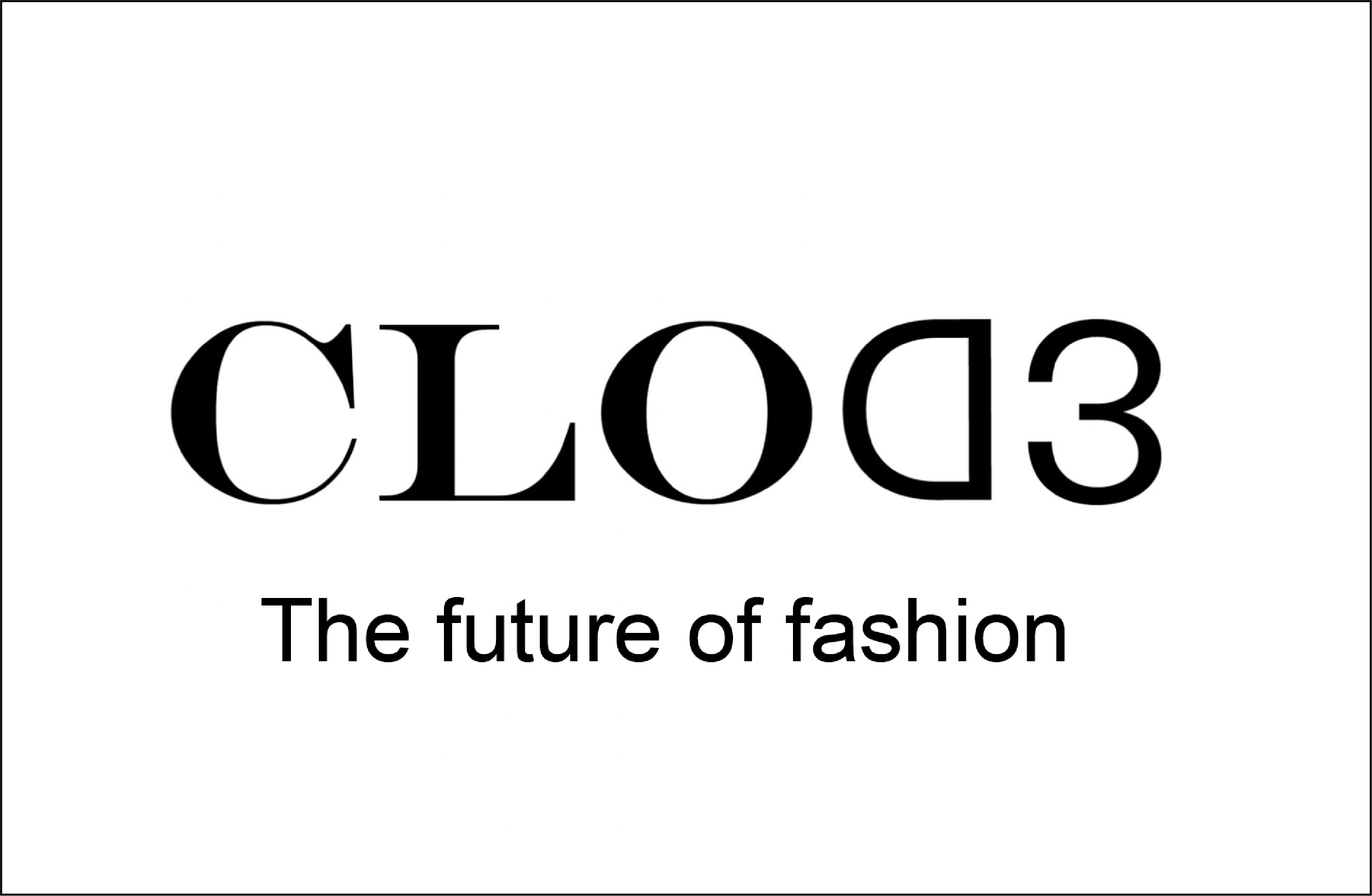DESCRIPTION
The course focuses on the field of Fashion-Tech and their value chains, aiming to advance students’ knowledge on identifying future sustainable challenges and how these can be solved by developing inter-disciplinary and scalable fashion-tech solutions (covering design, technology, management aspects). The course will discuss scalability from social innovation perspective in terms of scaling-out, scaling-deep and scaling-up dimensions. The course will discuss the link between management, design, innovation, technology and customer to enhance fashion-tech industry competitive advantage across the triple bottom line: economic, environmental and social/cultural sustainability.
Contents will be delivered through a preliminary theoretical part aimed to level the knowledge of the students as a prerequisite for the practical challenge-based part of the course. In the challenge-based part students will work in the interdisciplinary international groups to experience the process of a project development activity that includes design, engineering, business management, research & development.
![]() Download the Scalability of Multidisciplinary F-Tech Solutions syllabus
Download the Scalability of Multidisciplinary F-Tech Solutions syllabus
Date
From 13th September 2021 to 30th November 2021
Language
English
Location
Virtual learning environment
21 SELECTED STUDENTS
In the challenge-based part students will work in interdisciplinary and international groups to experience the process and the methodological approach of a project development activity that includes design, engineering, business management, research & development.
1
Students from Ecole supérieure des Technologies industrielles avancées (ESTIA)
9
Students from Hogskolan I Boras - Swedish School of Textiles (HB)
9
Students from Politecnico di Milano – School of Design (POLIMI)
2
Students from TU/Delft - Industrial Design Engineering Faculty (TUD)
LEARNING OBJECTIVES
The general purpose of the course is to train professionals who are able to employ the potentials of digital technologies in the domain of fashion, to drive development of Fashion-Tech solutions covering technology, management and design aspects, to address sustainable development or societal challenges. Through an innovative way of teaching, it will provide students with useful tools and skills to critically interpret the project dimension within the broader context of sustainable and societal developments contemplating diverse social, cultural, and technological contemporary shifts (new lifestyles and needs, new typological configurations and innovative technological scenarios).
Digital theoretical lessons, preparatory exercises and applicative sessions will be delivered to transfer students' knowledge on how fashion and digital technologies are interconnected, and their potential as well as limitations towards addressing sustainability related challenges in the entire value chain. The students will improve in the following sectors:
KNOWLEDGE AND UNDERSTANDING
- Describe and explain scaling and scalability in fashion-tech value chains;
- Understand the role of fashion-tech solutions (covering design, technology, management aspects) in the context of future sustainable development risks and challenges;
- Identify the implications of developing inter-disciplinary and scalable fashion-tech solutions in addressing societal trends and sustainability demands.
SKILLS AND ABILITIES
- Apply innovative research and methodological approaches in the multidisciplinary Fashion-Tech context.
- Develop insights into fashion-tech tools and how to scale them in order to solve specific sustainable development challenges related to circularity, personal safety and health, climate change, social cohesion, etc.
- Develop innovative business model scalability approaches to accommodate the fashion-tech solutions related to products, processes and value chain.
- Engage in dialogue and co-produce knowledge and innovation with various stakeholders across multiple disciplinary international contexts.
EVALUATION ABILITY AND APPROACH
- Critically reflect from the SDG perspective on the economic, environmental, and societal impacts of implementing scalable fashion-tech solutions.
- Critically reflect on complexities associated with scaling fashion-tech value chains, and demonstrate awareness of the negative impacts of it.
SCIENTIFIC COORDINATION AND COURSE MANAGEMENT
POLITECNICO DI MILANO

OLGA CHKANIKOVA
PhD, Assistant Professor
Högskolan i Borås

RUDRAJEET PAL
PhD, Associated Professor
Högskolan i Borås

DARIA CASCIANI
PhD, Assistant Professor, Department of Design
Politecnico di Milano

CHIARA COLOMBI
PhD, Associate Professor, Department of Design
Politecnico di Milano
CONTRIBUTORS

DARIA CASCIANI
PhD, Assistant Professor, Department of Design
Politecnico di Milano

YOUNGJIN CHAE
PhD
Technische Universiteit Delft

OLGA CHKANIKOVA
PhD, Assistant Professor
Högskolan i Borås

BIXENTE DEMARCQ
ESTIA

CHARA DI LODOVICO
PhD Candidate,
Department of Design
Politecnico di Milano

ERMINIA D’ITRIA
PhD Candidate,
Department of Design
Politecnico di Milano

VIJAY KUMAR
Senior Lecturer
Högskolan i Borås

JONAS LARSSON
PhD, Assistant Professor
Högskolan i Borås

ALEX MARQUOIN
ESTIA

RUDRAJEET PAL
PhD, Associated Professor
Högskolan i Borås

LIVIA TENUTA
PhD, Assistant Professor, Department of Design
Politecnico di Milano

SUSANNA TESTA
PhD, Assistant Professor, Department of Design
Politecnico di Milano
COLLABORATING ENTERPRISES
This course is partnered with two main innovation centers for the fashion industry: CENTEXBEL and WLY.

CENTEXBEL is the Belgian research and testing center for the textile and plastic converting industries. Spread across three locations, it involves 180 people to provide expertise on both testing of existing products and research into new products and applications.

WLY is an innovation consultancy agency focusing on the fashion industry. Their mission is to support fashion brands, organisations, and other industries into the next generation of fashion, helping them to find new strategies, business models, and revenue streams.
LEARNING RESULTS
In this section, you will find the 7 projects realised by the 7 multidisciplinary and international student teams. Each realised output has been displayed in the form of images, videos and short descriptions.







